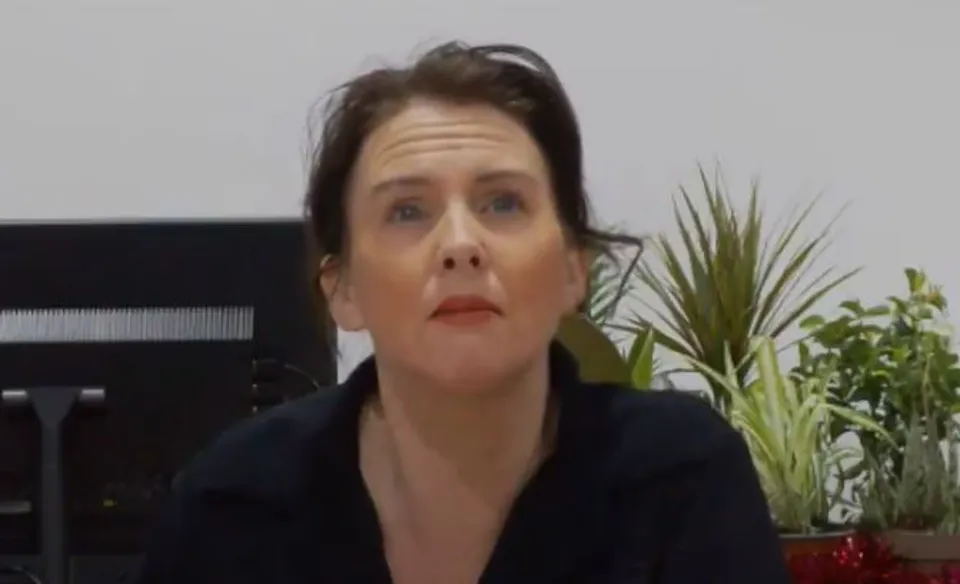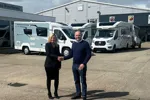The UK must move away from “20th century thinking centred around private vehicle ownership” and towards shared mobility, Transport Minister Trudy Harrison MP has said.
Harrison said that shared mobility must become “the norm” as she outlined support for a future transport system which, she claimed, would introduce “greater flexibility, with personal choice and low carbon shared transport”.
Addressing this week’s Collaborative Mobility Conference (CoMoUK), the Transport Minister said it was “staggering” that nearly two-thirds of car trips are taken by lone drivers, and said the UK is at a “tipping point” where shared mobility will soon be a “realistic option for many of us to get around”.
As many industry analysts speculate whether OEMs will ever return to the pre-COVID new car registrations highs, a vision of a new transport system where “mobility hubs become a familiar part of our street architecture, and where all these options will be available to book and pay for at the touch of a smartphone” was shared with conference delegates.
View the Transport Minister’s keynote speech from CoMOUK here:
Speaking at CoMoUK, Harrison said: “The challenge is to move further and faster to make shared mobility less of a novelty and increasing the norm to make it as easy, as convenient and as accessible as possible.
“We are reaching a tipping point where shared mobility in the form of car clubs, scooters and bike shares will soon be a realistic option for many of us to get around.
“Where mobility hubs become a familiar part of our street architecture and where all these options will be available to book and pay for at the touch of a smartphone.
“I think the benefits are really significant: from clean air to healthier populations to greater connectivity for more people, no matter where they live.”
Richard Dilks, chief executive of CoMoUK, said: “The Minister’s comments were very welcome and demonstrate that shared transport is firmly on the government’s agenda.
“Shared transport is the key to a more sustainable future for the UK, enabling people to use transport without the need to own it – shifting to resources such as car clubs, bike share, shared rides and demand responsive transport – with a lower impact on the environment and transport infrastructure.
"By encouraging people to use public and active travel modes more, governments can help reduce the demand for privately owned cars and achieve the country’s net zero strategy.”















Login to comment
Comments
No comments have been made yet.